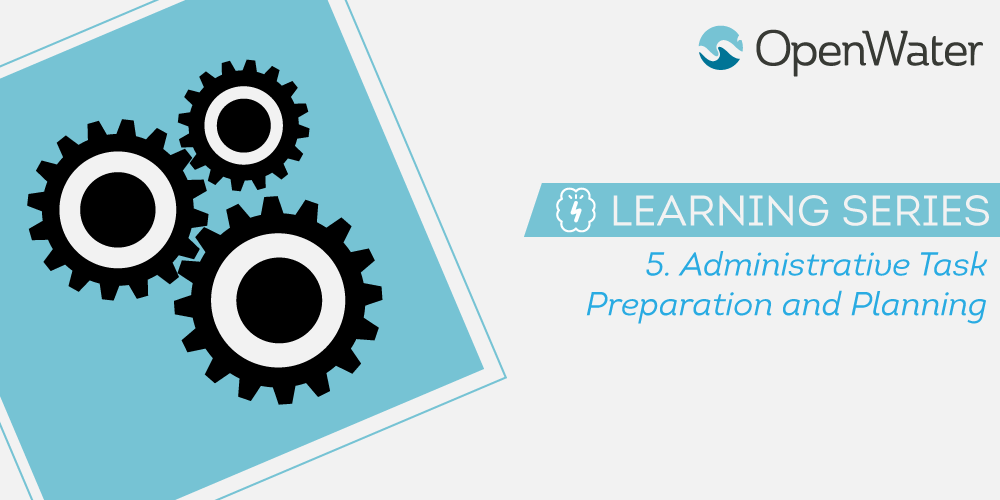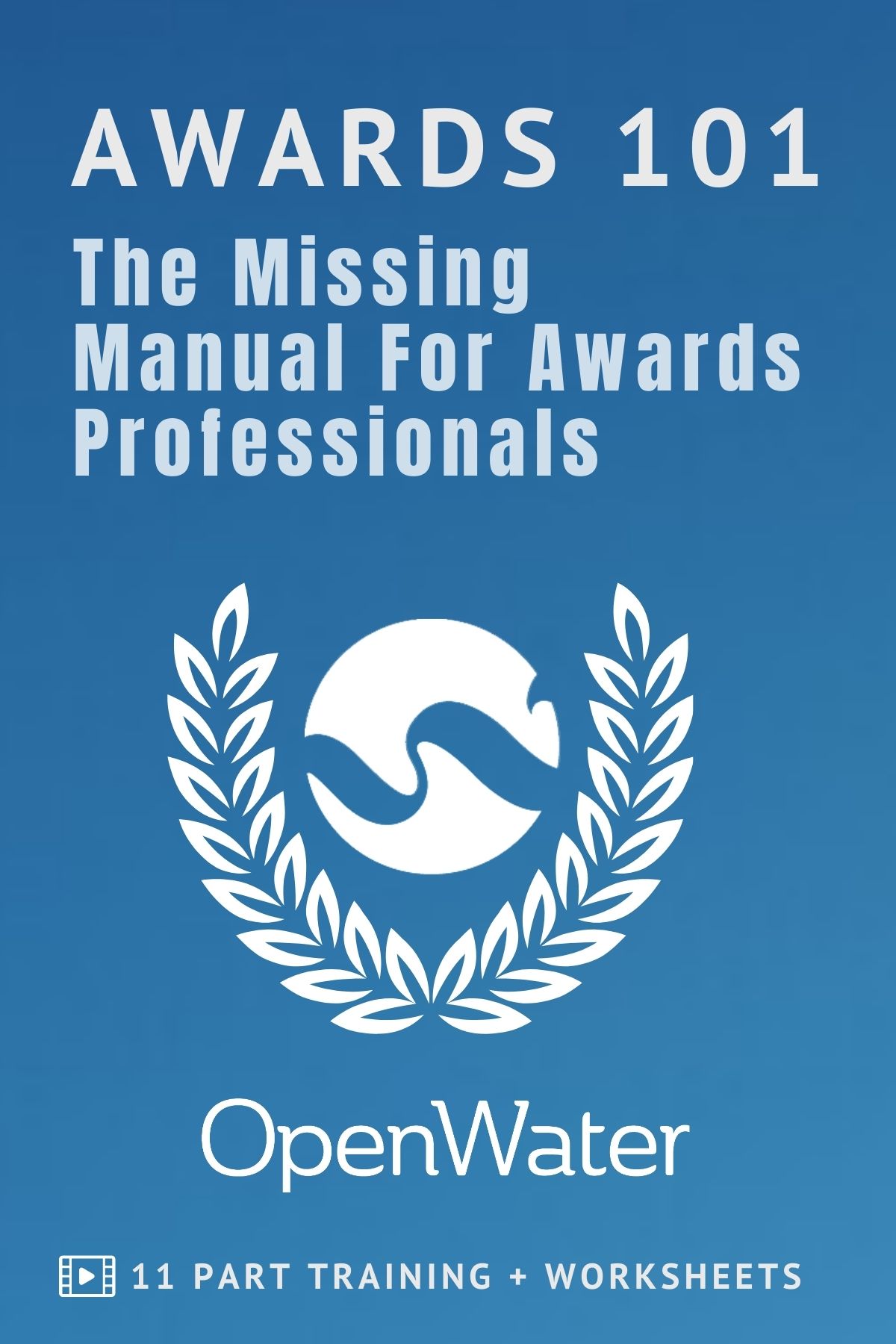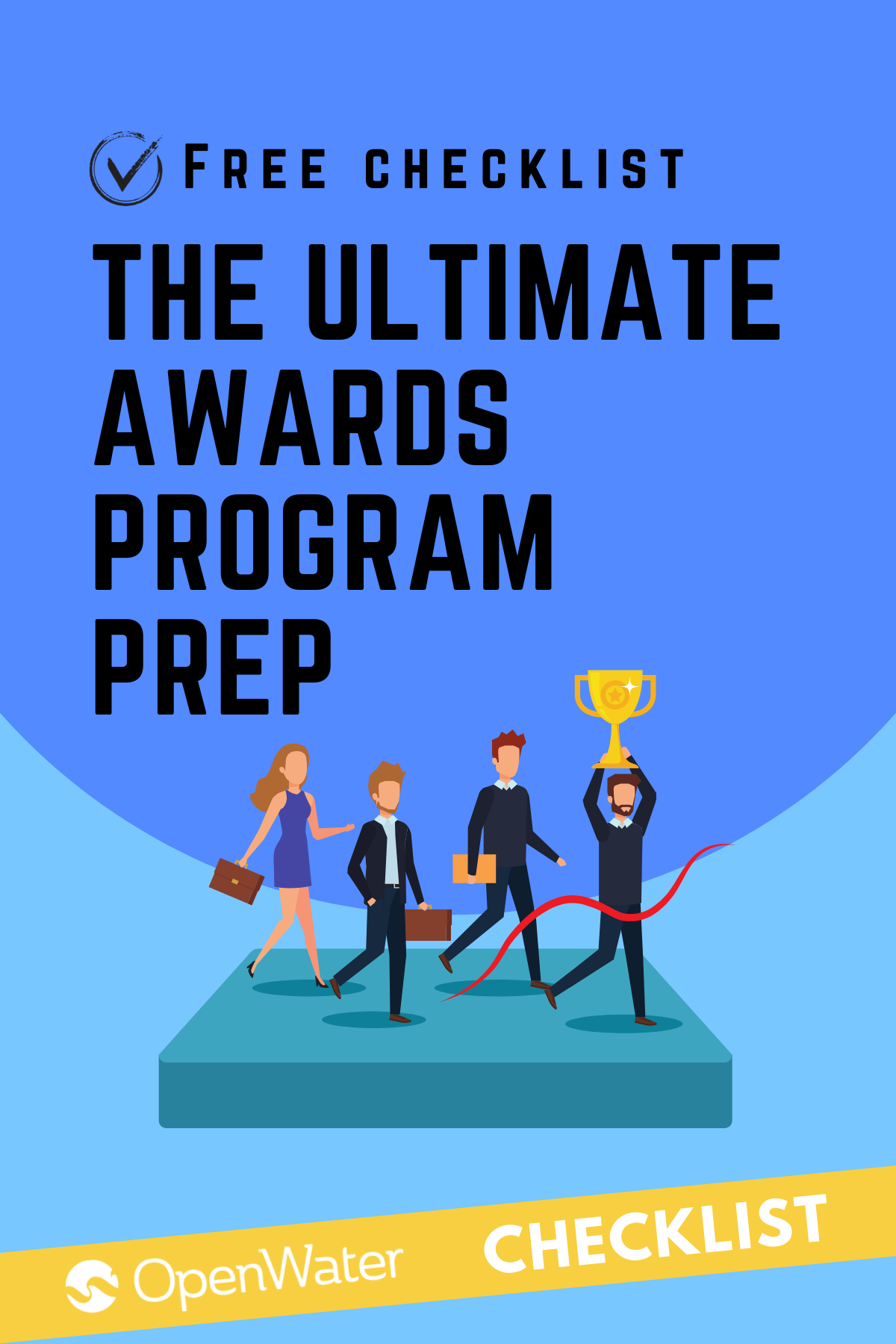
Learning Series: Administrative Task Preparation and Planning
No matter how prepared you feel or the number of administrative hassles you’ve anticipated, new ones always creep up. Although proper planning can reduce some of these administrative hassles, it can’t eliminate them all.
By being aware of the most common issues that arise, you can prepare yourself and your team for what’s to come. Below, we detail six of the most common administrative hassles and what you can do about each.
1. Call for Entry Preparation
The call for entry is one of the most administratively demanding parts of any program. Between registration, submission, payment, and actually compiling a marketing plan to announce the call for entry, there’s a lot to do.
Plan: By allotting approximately two months to get all call-for-entry related tasks completed before you get started, you can have peace of mind that you won’t fall behind.
2. Day-to-Day Support
Entrants will have questions as soon as your call for entries opens. And, while a FAQ page can reduce the frequency of these questions, it can’t eliminate them altogether.
Having a day-to-day support staff dedicated to assisting entrants is critical to reduce administrative hassle. This is particularly important as the call for entry deadline approaches and you must field an increasing number of questions.
Plan: Find one staff member to field questions throughout your program. Dedicate one or two staff members to support as the call for entry deadline approaches to ensure you aren’t short-handed.
3. Collate Submissions
What are you doing with submissions as they come in? Is anyone keeping track of them? If not, you’re going to have an increasing number of administrative hassles down the road.
Plan: Choose a team member to track and manage submissions, preferably in awards software. If you haven’t yet made the switch to awards software, you may also choose to use an Excel spreadsheet.
4. Coordinate and Select Judges
Judges add legitimacy, prestige, and an endless well of marketing materials for your program. However, not all judges stick to deadlines, especially on their own. As you can imagine, this forces you to choose a team member to track them down, adding to the administrative burden.
Plan: Use your awards software to send reminder emails to judges as deadlines approach. Doing so removes some of the administrative hassle and will hopefully keep judges more accountable.
5. Data Analysis
After the entries are in and scoring is complete, you need to analyze the data to determine a winner and begin planning your gala! However, many who work in awards feel as if the call for entry is the program and all other efforts will merely fall into place. Spoiler alert: this isn’t the case.
Plan: Use awards software to keep scoring in one, convenient location. Then, use your software to begin organizing the gala and other key details.
6. Gala Planning and Execution
The gala requires a venue, food, alcohol, speakers, and much more. All of these seemingly minor tasks can add up in a big way, making it a race to the finish to complete everything for the end of your event.
Plan: Begin organizing the venue and other details well before your call for entry is over. This will make it less stressful and allow you to “fill in” details (like who won) rather than scramble to get everything complete.
Stop Administrative Hassles at Their Source
Administrative hassles can be a real pain in any awards program. By relying on your software and designating staff members to fill gaps in other key areas, you can ensure you finish everything on time and without many unwelcome surprises, if any at all.
Do you want more guidance on administrative tasks and other parts of your awards program? If so, download our free online course Awards 101: The Missing Manual for Awards Professionals here!

